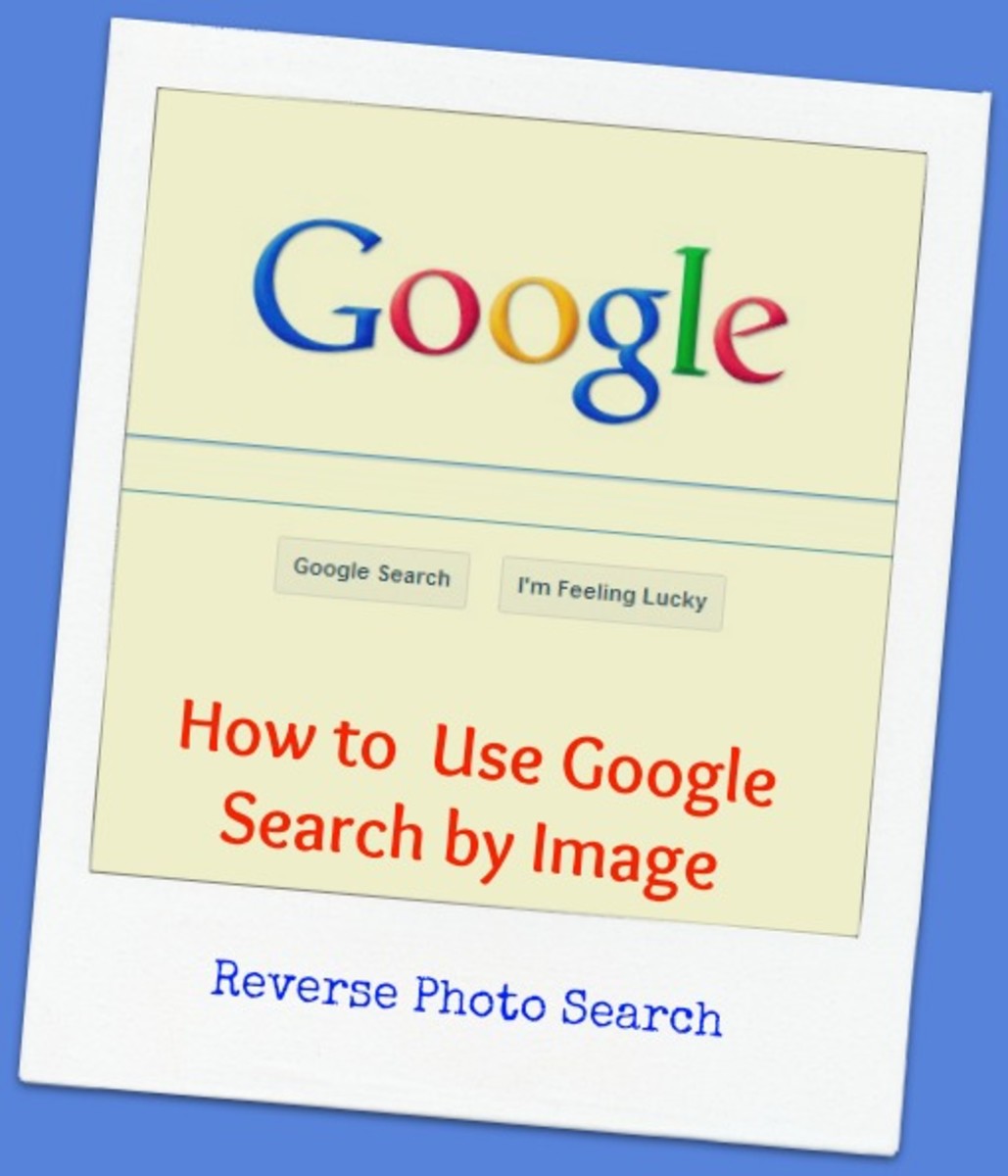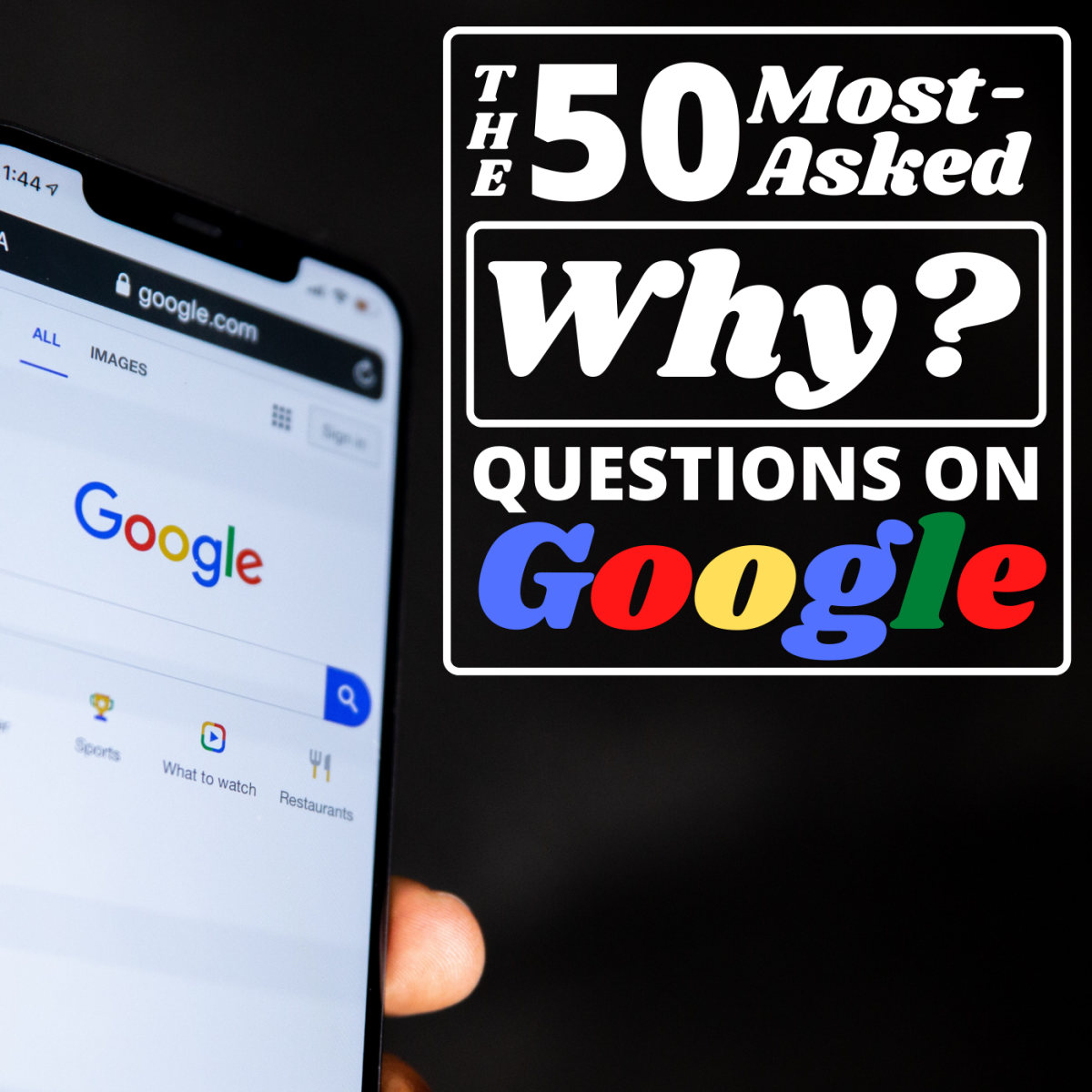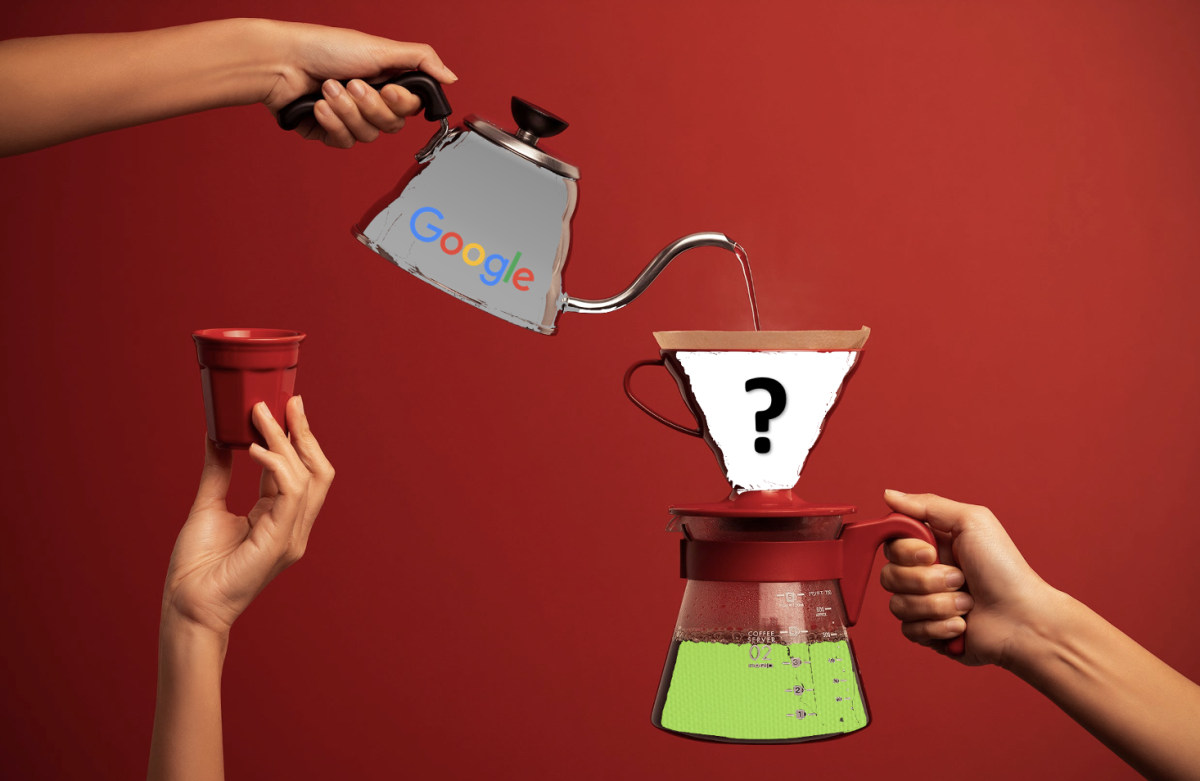- HubPages»
- Technology»
- Internet & the Web»
- Search Engines
Google - Organic Search Engine Optimisation

Effective organic search engine optimisation is the target of the vast majority of webmasters. In plain English, webmasters want their pages to appear high in the unpaid (organic) listings on the search engine results pages. The term "organic" came about to distinguish between listed results that are "paid for" or "sponsored" and those that are "natural" or "organic" - where the page is listed high in the results purely on the basis of its content, and its relevance to the search term. Essentially, a well written, original, optimised page will appear high in the organic results free of charge, which is why it is the focus of so many webmasters without the budget to pay for a sponsored listing on the first page of the search engines.
Because of the importance of organic search engine optimisation, and the profits to be made from converting free traffic in to income through affiliate links or Adsense, many so called experts have appeared all over the web selling information about optimising websites. Manuals, e-books, courses, memberships sites, and much more have appeared containing the elusive secrets of organic search optimisation. A few are very good, and many are very average, simply selling information that is freely available elsewhere on the Internet for those who are willing to look.
I am not a self-proclaimed expert, although I have learnt a fair amount in the years I have been building websites. And I get confused by all the conflicting advice about organic search engine optimisation that is offered to me. So I was delighted to discover a series of short, snappy videos presented by Matt Cutts, one of Google's well respected spokesmen, which clarify much of the search engine optimisation confusion that has built up over the years.
Of course, you can now go off to YouTube, search for Matt Cutts and sort through all the videos yourself, but I have chosen a few of what I think are the most important to highlight here.
Domain Registration And Ranking
For quite a while I've been receiving emails from some domain registrars telling me that when I register a domain, I need to register it for two, three or even five years for Google to take it seriously. The myth has been propagated that Google virtually ignores domain names that are registered for only a year in favour of those registered for longer.
Some organic search engine optimisation experts have also reinforced this unfounded belief. For that is what it is - completely unfounded according to Google. There is no discrimination against one year domain registrations. If you want the whole story, just watch the video.
Content or Links
For many webmasters there is the perpetual dilemma - do I invest my time in producing fresh, original content that really gives the visitor a good browsing experience and will therefore hopefully move my site up the organic search engine results pages? Or do I spend my time building links back to my site from authority sites which the search engines will eventually pick up and reward me with higher listings.
Perhaps unsurprisingly, site content has to come first as there is no point in trying to build a large number of quality links back to your site if visitors are going to take one look at what's on offer in terms of useful material and then leave. It's all on the video if you want more....
Over Optimisation
Some experts will tell you that keyword density is the "be all and end all" and that pages can be over-optimised as far as Google is concerned. Well this is another myth that is put to rest in this video. Certainly, it is possible to use so many keywords that it looks like a spam site. In which case, even if it ranks well in the organic search engine results, visitors will leave very quickly.
Human beings are just as good as search engines at spotting garbage sites - watch the video for more detail.
Underscores and Hyphens
In the early days of the Internet, you could choose just about any domain name you wanted and it would be available as a "dot com". But as time has passed, and even though several new top level domains (TLDs) have been introduced, it has become increasingly difficult to register the first choice domain. So webmasters have become creative using hyphens (-) and underscores (_) to break up the words in a domain name to create a variation that is available to register.
The question to be asked is whether it matters if a hyphen or underscore is preferable in Google's eyes. And the answer is that a hyphen is preferable, but even then, there shouldn't be too many hyphens in the domain name. It looks "spammy" and can discourage surfers from clicking through to your site. It's all in the video.
Title and Description (Snippet) Tags
Many webmasters, including me, sometimes focus far too much on organic search engine optimisation to achieve a good ranking, and forget the importance of a really effective title and description. It's the title that appears as the headline in the search engine results, and the description that appears as the text snippet underneath the headline. If these are not effective in encouraging searchers to click then all the effort of optimisation is wasted. The site is well placed in the results pages but nobody clicks through!
So it is vitally important to make sure the title and description tags are compelling, without being spammy or dishonest, and well worth spending the time on composing these vital parts of the overall webpage. Hear it from the source by watching the video....
More Videos On Organic Search Engine Optimisation
There are plenty more of these short Matt Cutts videos on YouTube but as I mentioned above, they take a while to sort through. I thought these videos clarified some of the conflicting opinions I see most frequently on organic search engine optimisation web sites, so I hope they help you to understand a little more about what is, and what is not, relevant when building your website and individual web pages.








